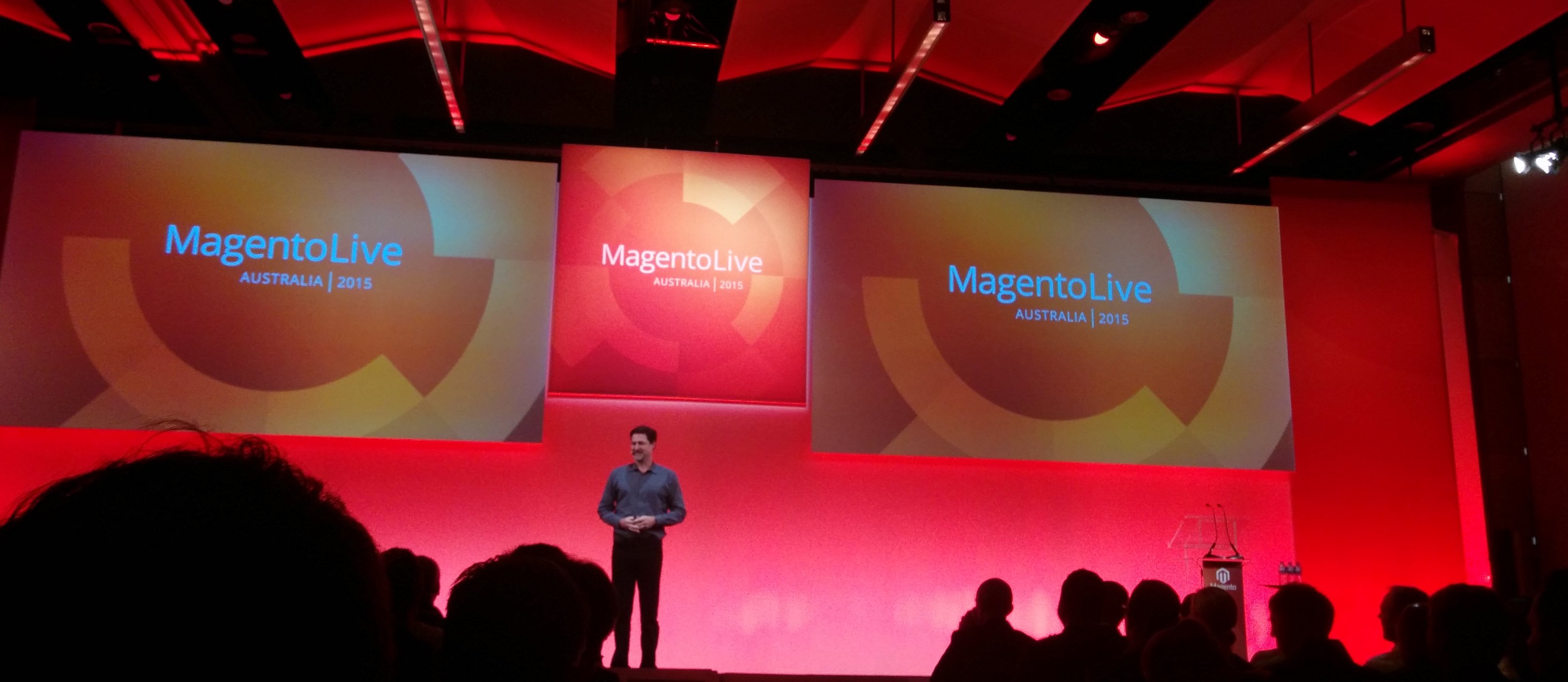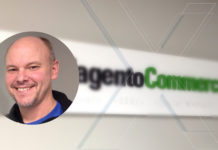Magento is undoubtedly one of the most popular ecommerce platforms in the world. It’s also widely spread on the Australian continent (in fact, Australia is the 3-rd biggest Magento community). The local community counts thousand of online merchants, Magento agencies, individual developers, and it keeps growing.
Today, we’ve interviewed Alex Levashov, the director of Magenable, one of the popular Australian digital agencies. We are going to talk about eCommerce Magento business in Australia, the prospects of the platform in the region and
Vitaly: Hello Alex, thanks for taking out some time from your busy schedule. Could you please tell our blog readers a bit about yourself?
Alex: Sure. I was born in Russia, got there IT/Business degree and started to work in finance. Then lived in Ukraine for about 10 years.
For the last eight years, I have been enjoying life in the most livable city — Melbourne, in Australia. Here, I’m running a boutique eCommerce consultancy Magenable.
Vitaly: Alex, while surfing the Internet I came across your profile on LinkedIn, and I must say that you have a very diversified portfolio! I’ve noticed that you did internships in various international companies that specialize in IT consulting and digital marketing, took part in big, exciting projects and even had a course in managing fashion and luxury companies. How come that you started working with Magento?
Alex: I came across Magento back in 2008-2009 when I had outsourcing business. One of our clients from France requested us to work with this platform.
Those were the early days of Magento. But even at that time, I saw that the platform was much more powerful than other solutions that existed on the market (like OS Commerce, for example).
Vitaly: Tell us about your company. What kind of services do you offer at Magenable? Magenable is a boutique eCommerce consultancy.
Alex: We provide both consulting (strategy, UX, conversion optimization) and implementation of online stores. For implementation, we specialize in Magento eCommerce.
Vitaly: Your LinkedIn profile says: “I help midsize businesses improve eCommerce.” Why have you decided to focus on this particular segment? Why not small or enterprise-level businesses?
Alex: I founded Magenable in 2014 after seeing the gap in the local market. Typically, in Australia, a client looking for a solution provider for eCommerce in general and Magento specifically can only hire:
- a generalist digital agency that does 100 things including Magento,
- a few big agencies specializing in Magento,
- freelancers.
None of these options are optimal for a midsize business that is serious about eCommerce. Generalist agency rarely has a good level of Magento expertise. A midsize client is too small for a big specialized agency (where it will inevitably be a kind of less important client) and too big for a freelancer.
So we decided to occupy that sweet spot – we have a razor sharp focus on Magento and have an experienced team who can perfectly serve the needs of medium-size businesses. We also prioritize client’s individual needs and goals over the trendy technologies and crazy creative ideas — a common plague of some our competitors.
I wrote a whole series of posts about Magento development in Melbourne. You are welcome to read it if you are interested in this topic.
Vitaly: Let’s talk about Magento. What is the eCommerce platform for you?
Alex: Magento markets itself as a platform for a growing business, and I think it is true.
You may find a platform that is cheaper and faster to set-up and support. But when it comes to flexibility and ecosystem, Magento beats all its competitors.
But Magento is not a platform for everyone – businesses with simple requirements and limited budgets can be better with one of the available SaaS solutions. But…
If you are interested in the platform that may accommodate both your current and future needs and has lower lock-in risks – Magento is probably still the best choice.
Vitaly: On the Web, there’s a lot of talk that Magento is losing popularity with online merchants (the statistics prove the opposite, though). What are your thoughts on the current state of the eCommerce platform? How do you see its future?
Alex: Partly answered above.
I think, in general, it is good that merchants have a choice and can start a business faster and cheaper than 5 or 10 years ago.
In my opinion, there are two competing paradigms now – SaaS and Open-source. My outlook on what is good for what business can be found here.
Vitaly: In your opinion, what are the biggest challenges Magento is facing these days?
Alex: Kind of decision paralysis between Magento 1 and Magento 2. Probably, it’s getting less common now — most new projects in my experience starts with M2. But still, there are a lot of merchants who are just waiting, and it is hard to blame them. Also, the second biggest challenge is
the risk of ecosystem shrinking. With a lowering number of business owners coming to use Magento due to the abundance of competing solutions, the overall ecosystem is getting smaller. And since the ecosystem is a very important advantage of Magento, I am really worried about that.
Vitaly: Have you explored other eCommerce platforms? Suppose there is no Magento, what would be your next eCommerce solution?
Alex: I am really interested in exploring a new brainchild of Magento founders – OroCommerce. Good to see that it is becoming more mature and taking off the ground.
Vitaly: Alex, as I have noticed, you are also quite an active blogger and maintain your company’s blog. What inspires you to write?
Alex: While eCommerce isn’t new anymore, I think that educating merchants is still important. It is quite a complex topic, and many businesses make costly mistakes.
Hence, if reading my blog posts helps some of them make more educated and informed decision, I’ll be more than happy.
 Vitaly: Do you attend Magento events? Have you attended Magento Live Australia last year?
Vitaly: Do you attend Magento events? Have you attended Magento Live Australia last year?
Alex: Yes, I’ve been attending Magento Live Australia for three years in the row since I founded Magenable. It’s a great event for both merchants and solution providers, highly recommended to all the local merchants.
Vitaly: Let’s step aside from work. Could you tell us about your hobbies and interests? How do you usually spend your free time?
Alex: I like to travel, spend time with my family, skiing, reading good books and playing board games.
Also, if I have less busy work time, I like to learn new things like playing with R to check new data analysis techniques.
We thank Alex for the interview and wish him the best of luck in his business!








